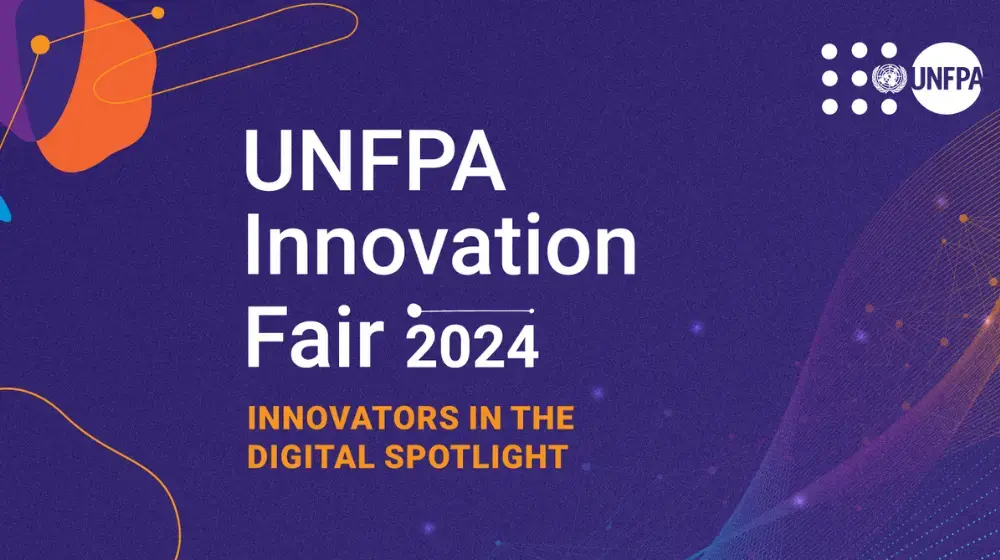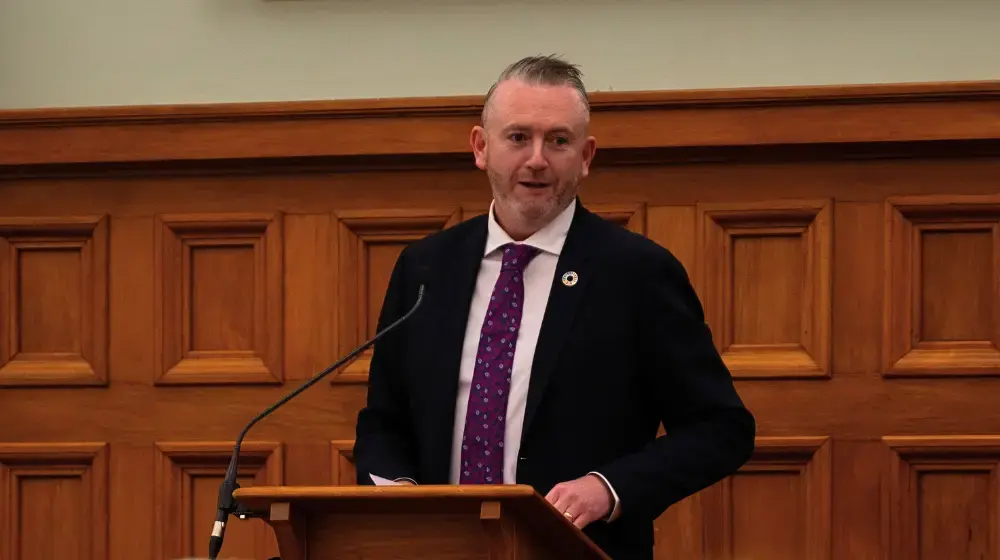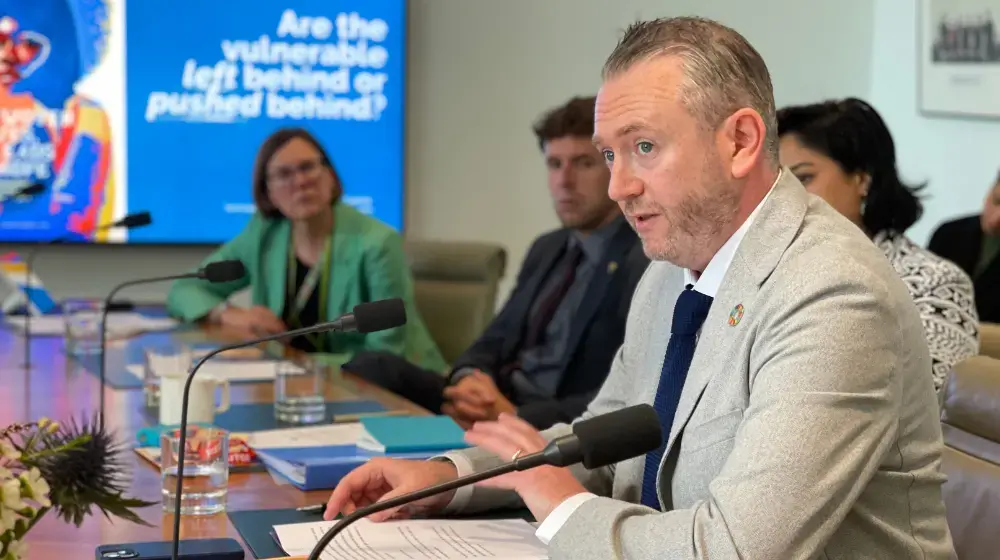Innovation on menstruation and sex education on the Mekong
Innovation on menstruation and sexuality education on the Mekong
Sovanvotey Hok, aka Green Lady Cambodia, is an advocate for women’s health in a country where cultural barriers can often slow progress. She attended the #ICPD25 summit in Nairobi in 2019, where she was inspired to start her innovation initiative to deliver youth-created sexuality education to schools across the country.
Votey says that comprehensive sexuality education for Cambodian girls is urgently needed: “Sadly, we lag behind even conservative countries in talking about sexual and reproductive health in the education curriculum.”
For Votey, it has been a long journey advocating for change and now COVID-19 has delayed it even further. “The Cambodian Government promised in 2018 that sexuality education would be included in the education curriculum in 2020,” she says. “Then we understand that because of COVID-19 it has to be delayed, and now it’s pushed out to 2022."
Votey has looked for ways to engage young people directly so that these sensitive subjects can be talked about in a positive way. She started Green Lady Cambodia as a way of opening discussions about menstruation. “I want to introduce washable pads to Cambodian girls and women,” Votey says. “Get the washable pads out there and stop women from thinking that they have only one choice.”
“Girls worry about blood – menstrual blood, period shaming and body shaming."
Opening a discussion about pads breaks the ice and girls are able to talk about other issues they face. “Girls worry about blood – menstrual blood, period shaming and body shaming,” she says. “But we understand that talking about this is part of progress towards sexual and reproductive health.”

Votey saw the fluctuations in donor funding cycles as a challenge to building a sustainable operation, so she created Green Lady Cambodia as a socially conscious community enterprise. “We need to sustain, we cannot just wait for the funding all the time,” she says.
When it comes to developing education materials to engage directly with students and even begin the discussion, government interference can be challenging. Votey reports that it has been a difficult even getting agreement on terminology. References to “sexual and reproductive health” had to be changed to “sexuality and reproductive health” to assuage sensitivities in the Government. “It doesn’t sound ‘appropriate’, they say. It doesn’t sound ‘cultural'. So even the name itself has a lot of problems.”
“Gender-based violence, harassment in the workplace and rape all get ignored when you don’t teach children about their bodies in schools.”
Votey thinks the resistance to having classroom discussions about sexual and reproductive health is an attempt to avoid discussions on more troubling realities. “It’s not just abortions that we need to talk about,” she says. “Gender-based violence, harassment in the workplace and rape all get ignored when you don’t teach children about their bodies in schools.”

Votey has seen the uphill struggle that women face in reporting rape in Cambodia. “In cases of rape, women have to be brave enough to seek help or support at the hospital or the clinic,” she says. “Some girls say it’s too shameful and they are so embarrassed because the provider asks them a lot of sensitive or uncomfortable questions.”
“Get the washable pads out there and stop women from thinking that they have only one choice.”
Votey reports that she is getting more support from leaders eager to see civil society advocating for change: “The Minister of Women’s Affairs, when she met with us, she encouraged us not to hide ourselves and to be in the light so that people can see and observe.”
Votey attended the #ICPD25 summit in Nairobi in November 2019 and got a chance to connect with activists from around the world. “There were a lot of socially difficult topics and conversations,” she says about her time in Nairobi. Votey was inspired by the courage of other advocates but also by the ideas and the technology presented at the summit to help deliver these rights and services. She says that one of the things she loved about the Nairobi summit was the Pajoma Zone. “It’s a youth-friendly space, where I got to talk about my own topic of menstruation,” she recalls. “There were a lot of topics, a lot of mind-blowing technology and data-collection research.”
Nairobi expanded Votey’s notion of what is possible. “I’m still using Excel,” she says. “But others have cool tools like maps with pins that help you know where people are and what they need. It’s amazing and I would love to know more about these things happening in the world.”

Learn more
Green Lady Cambodia
https://www.greenladycambodia.com/
Menstruation and human rights - Frequently asked questions
https://www.unfpa.org/menstruationfaq
Comprehensive sexuality education
https://www.unfpa.org/comprehensive-sexuality-education





